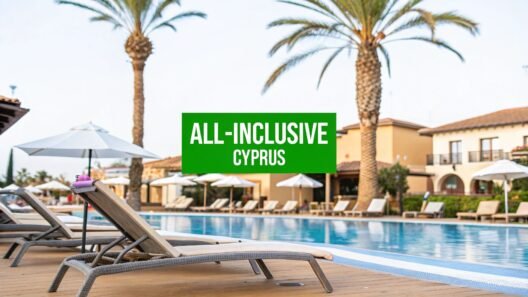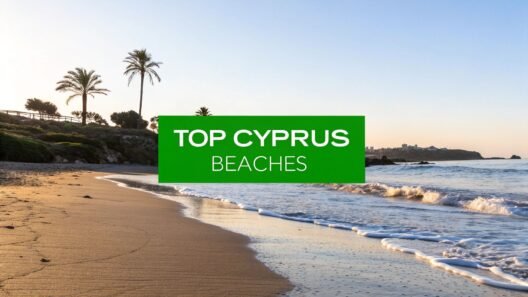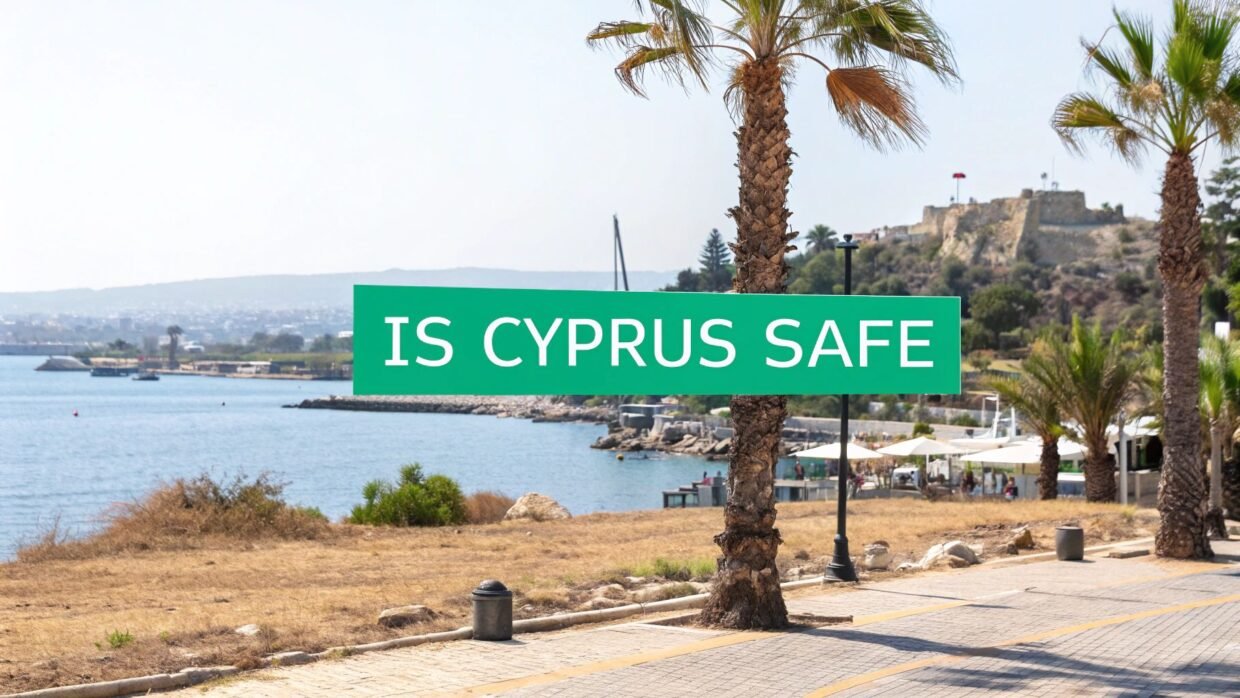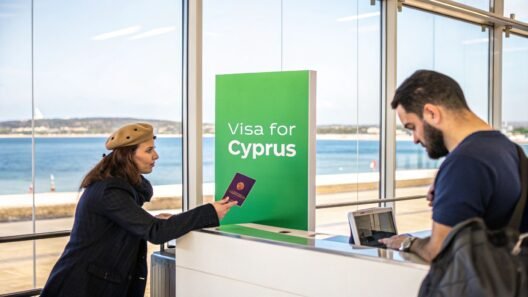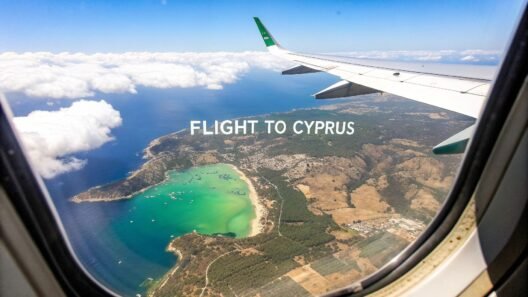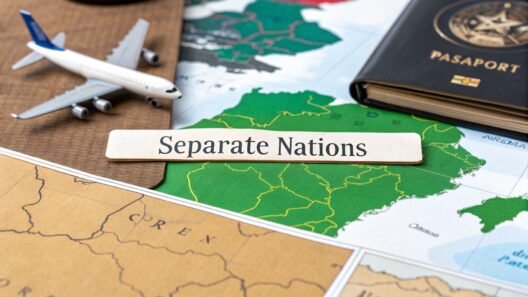So, let's get straight to the point: Yes, Cyprus is a very safe place to visit, especially for travellers coming from the UK. The island has a reputation for its incredibly low crime rates, and while it's natural to have questions about recent regional tensions, these have had virtually no direct impact on the safety of tourists.
Just How Safe Is Cyprus? A Realistic Look
When you're planning a holiday, knowing you'll be safe is right at the top of the list. The great news is that Cyprus consistently shows up as one of the safest spots in Europe. This is a big reason why it's such a firm favourite for families with young children, solo travellers looking to explore, and couples just wanting to unwind.
Having a clear picture of the safety situation lets you plan with peace of mind, confident that you’ve picked a destination that's as welcoming as it is beautiful.
According to the UK Foreign Office, which keeps its travel advice up-to-date, Cyprus remains a secure location despite what might be happening elsewhere in the region. The official guidance notes that while it’s always wise to be aware of your surroundings, the 1.3 million UK tourists who visit each year generally have a trouble-free time. The key message is that there are no specific threats that have impacted the island.
To give you a quick, digestible summary of the situation on the ground, here’s a table with the key safety indicators for Cyprus.
Cyprus Safety at a Glance
| Safety Aspect | Risk Level | Key Takeaway |
|---|---|---|
| Overall Crime | Very Low | Petty crime is uncommon; violent crime is rare. |
| Tourist Safety | High | Tourists are rarely targeted. Standard precautions are sufficient. |
| Health & Medical | High | Excellent healthcare facilities, especially in major towns. |
| Road Safety | Medium | Drive cautiously; local driving can be erratic. |
| Natural Disasters | Low | Minor tremors are possible but rarely cause issues. |
This table shows that while you should be sensible (especially on the roads!), Cyprus is overwhelmingly a safe and secure place for a holiday.
A Closer Look at the Numbers
The image below breaks down some of the crucial safety statistics for Cyprus, covering everything from the crime index to how satisfied tourists are with their safety.
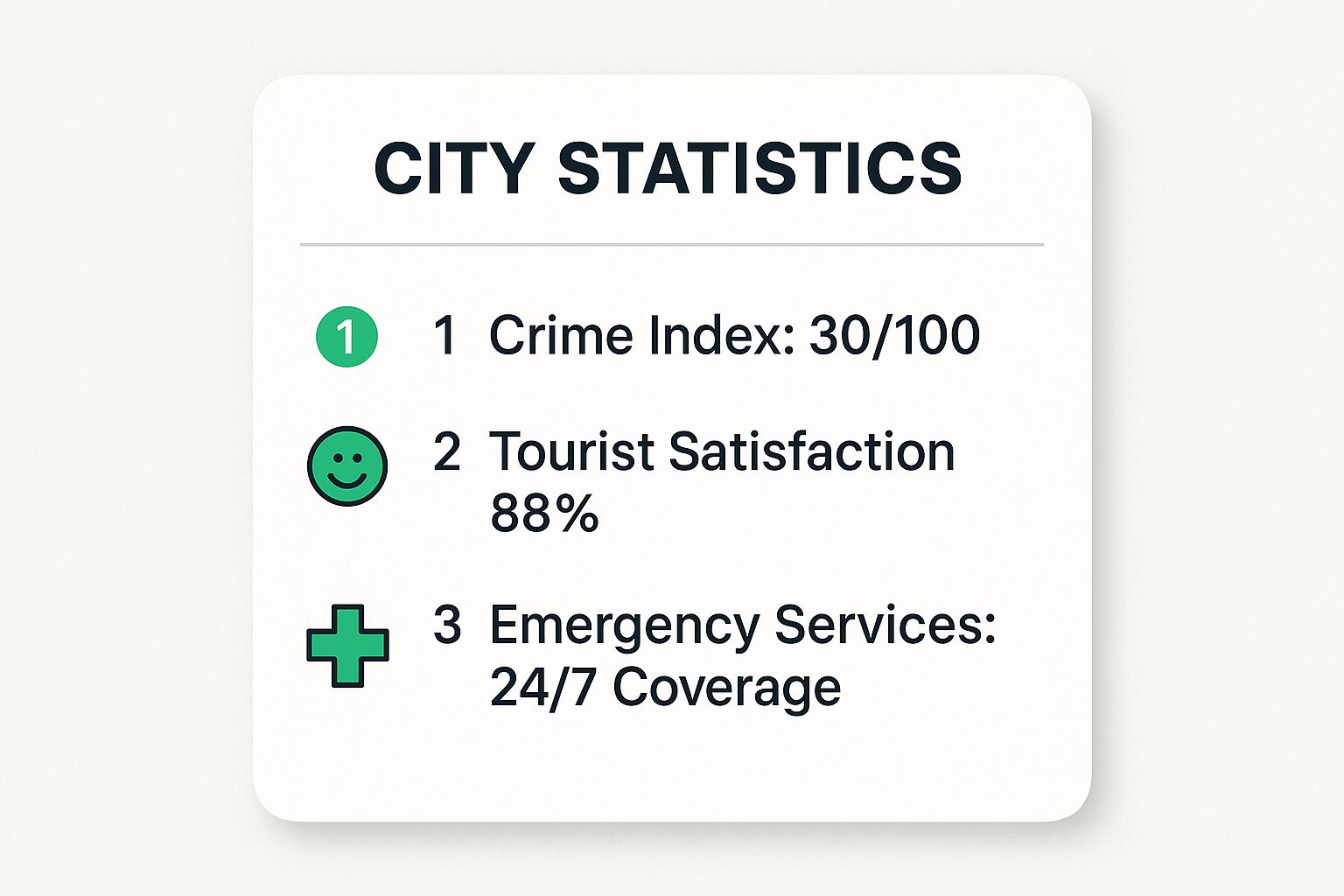
As you can see, the data backs up the reputation. Cyprus successfully combines a low-crime environment with a solid tourism infrastructure and dependable emergency services.
Ultimately, all you really need are the same common-sense precautions you'd use back home. The overall risk is very low, leaving you free to focus on what you came for: the sun, the sea, and the island’s incredible history.
What About the Regional Situation?
It's easy to see headlines about the Middle East and feel a bit concerned, but it’s all about perspective. Geographically, Cyprus is a good distance away from any trouble spots—roughly 472 km from the nearest conflict zones. That's a significant buffer.
Life on the island, particularly in the popular southern tourist resorts, carries on completely as normal. To get a better feel for where Cyprus sits in the Mediterranean, you can learn more about its unique geographical position. This context really helps to understand why regional politics rarely ripple across to the holiday experience on this stunning island.
A Realistic Look at Crime in Cyprus
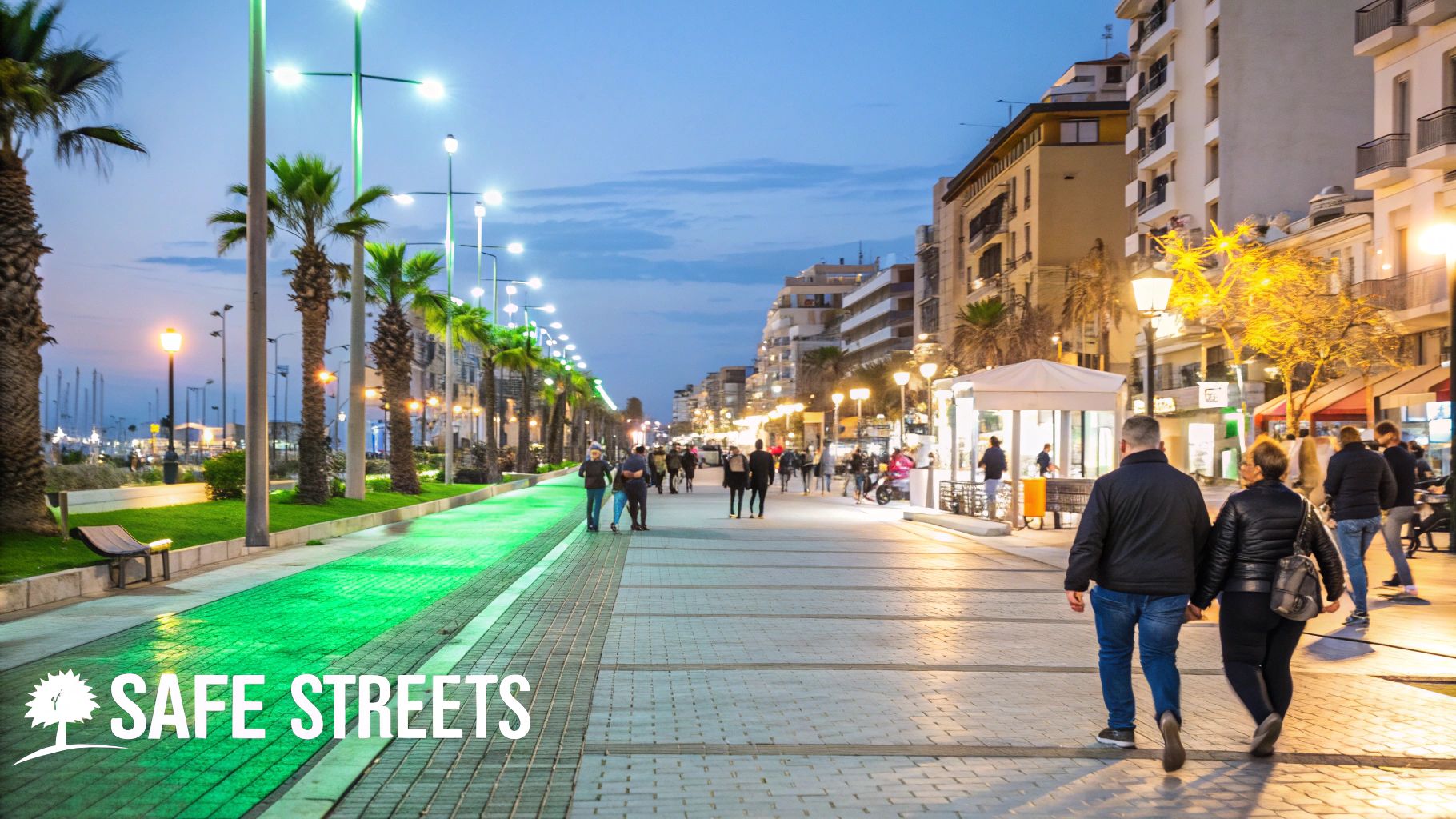
When people ask, "Is Cyprus safe?" what they’re really getting at is the crime situation. Let’s put it this way: think of Cyprus less like a sprawling, anonymous city and more like a peaceful UK town. It’s generally very safe, but just like anywhere, it pays to keep your wits about you.
That reputation for safety isn't just a local feeling; the numbers actually back it up. Serious, violent crime is incredibly rare here. This creates that wonderfully secure and relaxed atmosphere that keeps families, couples, and solo travellers coming back time and time again.
In fact, Cyprus boasts one of the lowest crime rates in all of Europe. The homicide rate, for example, is a tiny 0.4 per 100,000 inhabitants, which tells you that severe crime really isn't something visitors or residents need to worry about. This peaceful environment is consistently highlighted in travel safety analysis, including this deep dive for tourists heading to Cyprus in 2025.
Understanding Petty Crime in Tourist Areas
While the big stuff is off the table, it's wise to have petty crime on your radar—it's the most likely issue any tourist might face. Now, this isn't a huge problem, but opportunistic theft can happen in those bustling tourist hotspots.
Picture the busy harbours in Paphos or the lively squares in Limassol. Wherever you have large crowds, you’ll find a slight risk of pickpocketing or bag snatching. But let me be clear: these incidents are not common and are almost always preventable with a bit of common sense.
The key takeaway is that your biggest concern isn't what might happen, but simply being mindful. Standard travel savviness is more than enough to ensure a trouble-free holiday.
Practical Safety Tips for Every Traveller
Whether you're visiting with your family, as a couple, or on a solo adventure, a few simple habits can make all the difference in keeping your belongings secure. These aren't drastic measures, just sensible steps that will quickly become second nature.
Here’s what I always tell people:
- Mind Your Valuables: In a crowded market or on a busy street, keep your phone, wallet, and passport tucked away in a zipped bag worn across your body. And a golden rule: never leave valuables on show in your rental car.
- Be Smart at ATMs: Stick to cash machines in well-lit, public places. If you can, use one inside a bank during opening hours. Always cover the keypad when you punch in your PIN.
- Secure Your Accommodation: Always, always lock the doors and windows to your hotel room or villa, even if you're just nipping down to the pool. Use the room safe for your passport and any extra cash.
- Stay Alert in Crowds: When you're soaking up the atmosphere at a festival or strolling along a packed promenade, just be conscious of who is around you. This simple act of awareness is often the best deterrent.
By following these straightforward tips, you can put any safety worries to the back of your mind. The reality is that Cyprus is a low-crime country where you can relax, explore, and focus on making incredible memories without any undue stress.
Right, let's talk about driving in Cyprus. While you’re unlikely to run into any trouble with crime, the roads are a different story. Answering the question "is Cyprus safe" means looking beyond just crime stats and thinking about your day-to-day environment, especially if you’re planning to hire a car.
The driving style here can feel a bit… spirited. Let’s just say it can be more aggressive and unpredictable than what you might be used to back home. You'll need to keep your wits about you and adopt a more defensive driving mindset. Plenty of visitors drive here without a single problem, but it pays to be prepared for a different standard on the roads.
Key Rules for Driving in Cyprus
The good news is that the basics will feel very familiar. Cypriots drive on the left-hand side, just like in the UK, and your standard UK photocard driving licence is all you need. No extra permits required.
However, the local authorities are incredibly strict on certain safety rules, and the fines for breaking them can be hefty. It's a fact that the risk on the roads is higher here than in the UK, largely due to those different driving standards. The official UK government travel advice for Cyprus is crystal clear: stick to the local laws. That means seatbelts for everyone in the car are non-negotiable, helmets are mandatory on motorbikes, and don't even think about touching your phone while driving.
Essential Car Hire Tips
Hiring a car is easily the best way to get out there and see what the island truly has to offer. But before you grab the keys and go, there are a few things you absolutely must know.
Here are my non-negotiable tips for a hassle-free car rental:
- Check Your Insurance, Twice: Standard car hire insurance bought in the Republic of Cyprus (the south) almost never covers you for driving in the northern part of the island. If you’re planning a day trip across the Green Line, you will have to buy separate, third-party insurance at the border crossing. Make sure you confirm the entire process with your rental company before you go.
- Never, Ever Hand Over Your Passport: Some of the smaller, less-than-reputable rental outfits might ask to keep your passport as a security deposit. Do not do this. It’s illegal, and you should never be separated from your passport. A legitimate company will simply place a hold on a credit card.
- Document Everything: Before you even put the key in the ignition, do a slow walk around the car. Use your phone to take photos and a quick video of every single scratch, scuff, or dent you can find. This creates a timestamped record that proves the damage was already there, protecting you from any unfair charges when you return it.
A little bit of diligence with the rental car and some extra awareness on the road is all it takes. The freedom of exploring Cyprus at your own pace is absolutely worth that small bit of extra caution.
Understanding North vs South Cyprus
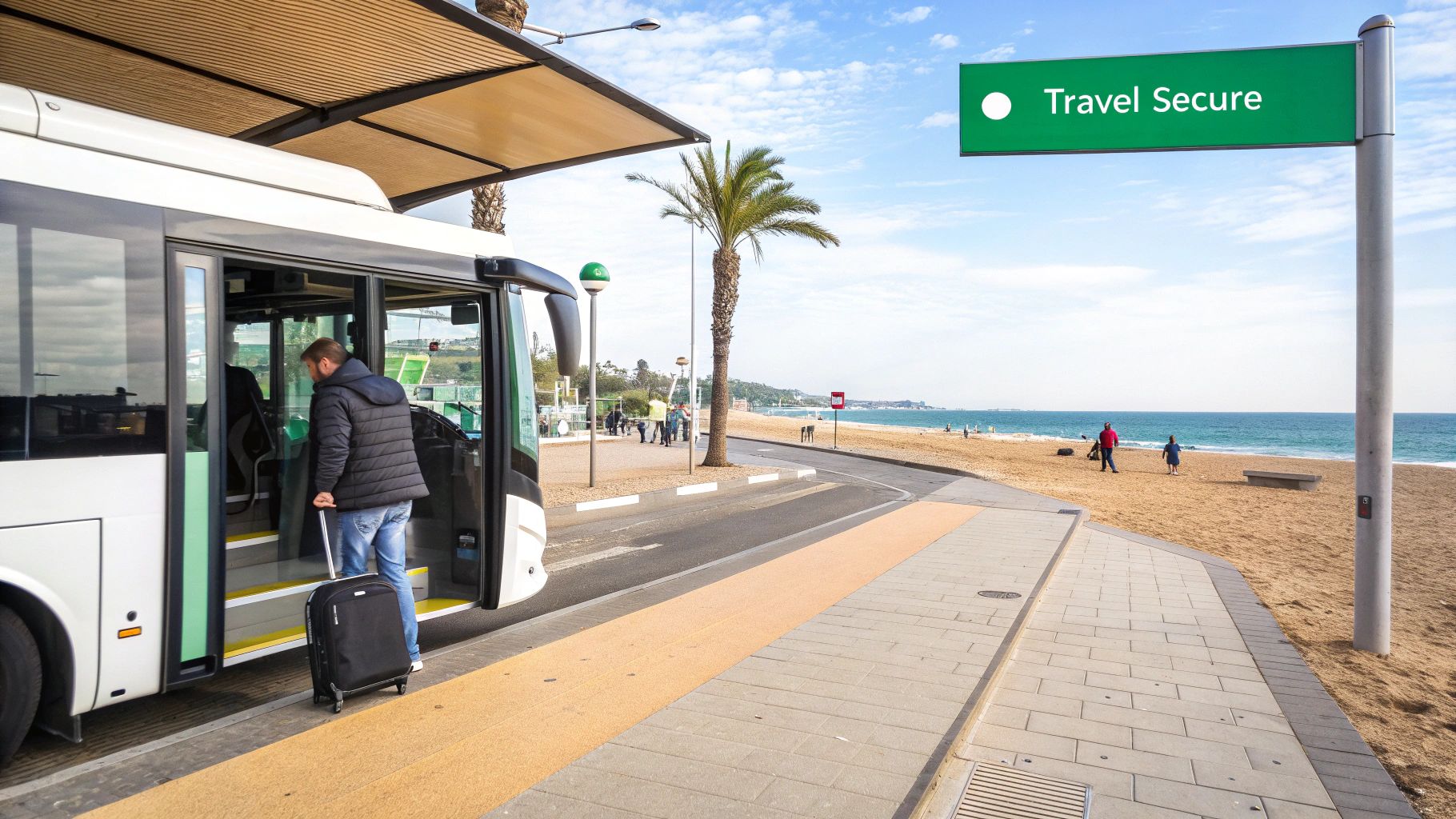
The political split of Cyprus is a deep and complicated part of its modern history. But for a visitor, it’s far less daunting than it sounds. The best way to think of it is not as a tense, volatile border, but simply as an administrative line separating two distinct regions. Getting your head around this is the key to moving between them safely and without any fuss.
At the heart of it is a UN-controlled buffer zone known as the 'Green Line', which divides the island. The south is the Republic of Cyprus, an independent nation and a full member of the EU. This is the part of the island that is internationally recognised. The northern part is administered by Turkish Cypriot authorities. It’s worth knowing that the UK, like the rest of the world, does not formally recognise the ‘Turkish Republic of Northern Cyprus’.
How to Cross the Green Line
For tourists, crossing between the south and the north is a pretty routine affair. It feels less like crossing a hostile international border and more like going through a simple administrative checkpoint. There are several crossing points available, but the most well-known has to be the Ledra Street crossing right in the middle of Nicosia. It’s a unique, pedestrian-only crossing that lets you walk from one side to the other in minutes.
So, what do you need? Just your passport. An official on each side will take a quick look at your document, but they rarely stamp it. The whole process is usually smooth and quick, which means you can easily soak up the different cultural vibes of both sides in a single afternoon.
The most important thing to realise is that for travellers, the situation is peaceful and stable. Crossing the Green Line is a common part of the tourist experience, offering a fascinating glimpse into the island's divided history. It does not pose a safety risk.
Key Practical Differences to Know
While getting from one side to the other is straightforward, there are a few practical differences you absolutely need to be aware of. Getting these right will keep your trip running smoothly, as they mainly involve legal and insurance details.
- Car Hire Insurance: This is probably the biggest one. Your car rental insurance from the Republic of Cyprus (the south) is not valid in the north. It’s non-negotiable. You’ll have to buy separate, third-party insurance at the border crossing point.
- Currency: The south uses the Euro (€), but the north officially uses the Turkish Lira (TRY). You’ll find that many tourist spots in the north will accept Euros, but you'll almost always get a much better deal if you pay in the local Lira.
- Legal Protections: Because the UK government doesn't recognise the administration in the north, its ability to provide consular assistance there is extremely limited. This is a crucial point to keep in mind when deciding how much time to spend there.
At the end of the day, as long as you understand these few key points, you can explore the entire island with confidence. So, when people ask, "is Cyprus safe, even with the division?", the answer is a definite yes—as long as you’re prepared for these simple administrative differences.
Health and Environmental Safety Tips
When we ask, "is Cyprus safe?", it's easy to just think about crime. But a truly safe and relaxing holiday means staying healthy and being smart about the local environment. From the blazing Mediterranean sun to the odd bit of wildlife, a little forward-thinking can make all the difference.
Let's be clear: the Cypriot sun is serious business, especially in the peak summer months. The UV index gets incredibly high, which means your skin can burn far quicker than it would on a sunny day back home. You really need to step up your sun protection game.
Think of it this way: forgetting sun cream in Cyprus is like forgetting your coat in a UK winter. You'll feel the consequences, and fast.
Sun, Water and Wildlife Awareness
A few simple precautions are all it takes to handle the local environment, so you can get back to enjoying the island's stunning natural beauty.
- Sun Protection is Non-Negotiable: Always wear high-factor sun cream—SPF 30+ is the minimum, but 50+ is much better. Reapply it often, especially after a dip in the sea. A wide-brimmed hat and sunglasses aren't just fashion accessories; they're essential kit. To get a feel for the heat you'll be facing, have a look at our guide on Cyprus weather monthly.
- Drink, Drink, and Drink Again: Water, that is. It’s incredibly easy to get dehydrated in the heat. You should be sipping water constantly throughout the day. The tap water in Cyprus is perfectly safe to drink, but if you're not keen on the taste, bottled water is cheap and sold everywhere.
- A Word on Wildlife: Cyprus does have a few snake species, including one venomous viper, but they are incredibly shy and you'd be extremely unlikely to ever see one, particularly in tourist spots. The main pest you'll actually encounter is the mosquito. A good insect repellent in your bag is a smart move.
Accessing Medical Care and Travel Insurance
The great news is that the healthcare system in Cyprus is excellent. You'll find modern hospitals and clinics in all the main towns, and pharmacies are on almost every corner, ready to help with advice and remedies for minor issues.
But here’s the crucial part: access to top-notch care doesn't mean it's free. This is precisely why comprehensive travel insurance is an absolute must. It’s your financial safety net, covering everything from a lost bag to an unexpected medical emergency. Honestly, don't even think about travelling without it. The peace of mind alone is worth every penny.
Cyprus Emergency Contacts for UK Travellers
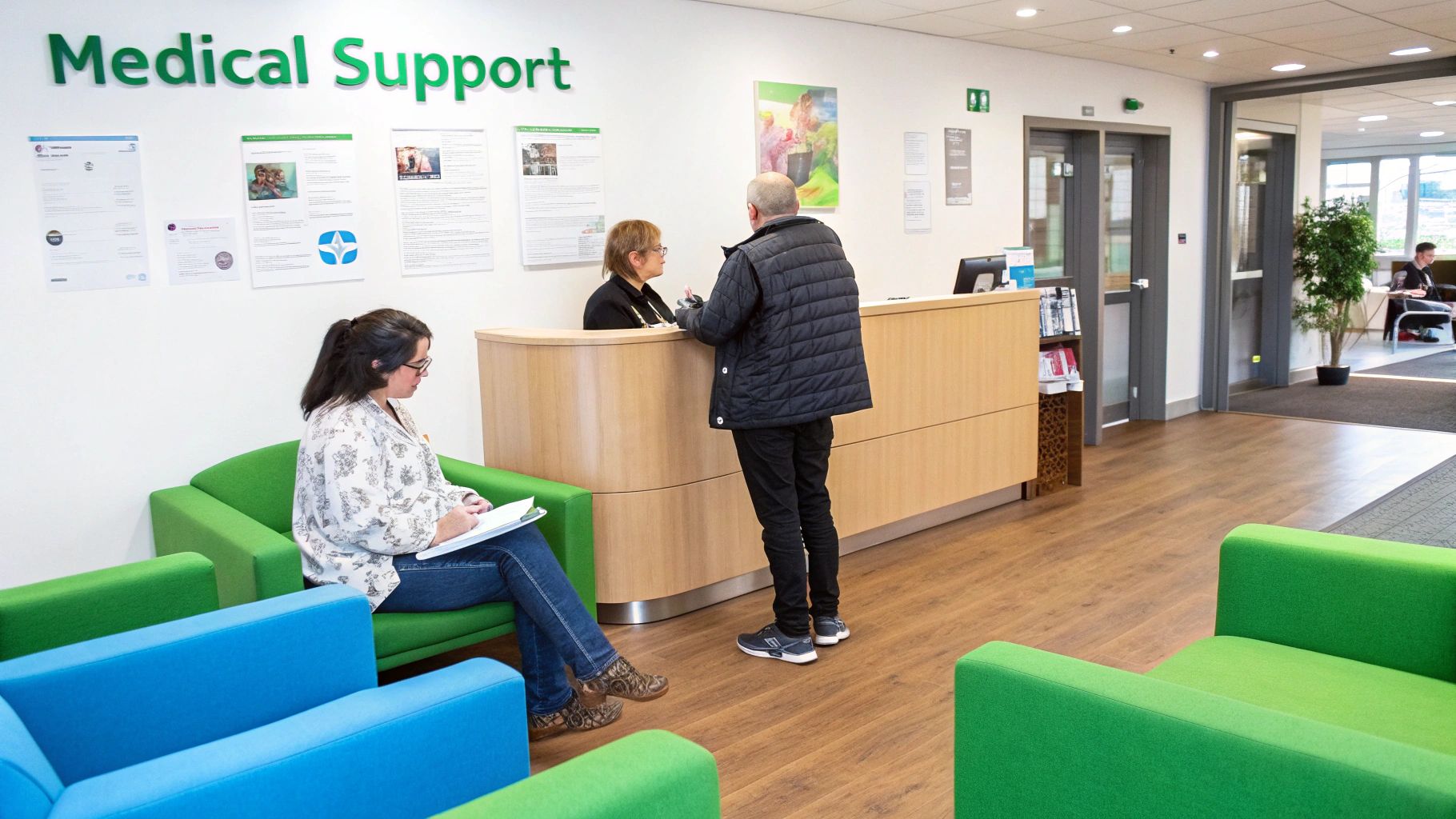
Knowing who to call in a pinch can make all the difference, giving you that extra bit of peace of mind on your travels. While you'll hopefully never need it, being prepared is the key to a truly relaxed holiday. Thankfully, Cyprus has a very straightforward system.
The single most important number to save in your phone right now is 112. This is the universal emergency number for all of Europe, and it will connect you to the police, an ambulance, or the fire service. It's free to call from any phone, and the operators usually speak English, which is a massive help for UK visitors.
For situations that are less of an immediate, life-threatening emergency but still serious—like a lost or stolen passport—you'll want to contact the British High Commission.
Key Contacts for Your Trip
- Pan-European Emergency Number: For the Police, Ambulance, or Fire Brigade, just dial 112.
- British High Commission Nicosia: This is your main point of contact for consular assistance. They’re the people to call for help with lost travel documents or for support if you're involved in a serious accident or become a victim of crime.
It's important to know they can't provide legal advice or cover medical costs, but they are an invaluable lifeline for UK citizens abroad. On a more practical note, thinking about how you’ll get around is also part of staying safe. To explore the island securely and at your own pace, it’s worth looking into a cheap car hire in Cyprus before you go.
Frequently Asked Questions About Cyprus Safety
To wrap things up, let's get into some of the questions we hear most often from UK travellers. Having clear, straightforward answers can really help iron out those last-minute worries, so you can finish planning your trip feeling completely at ease.
Is Cyprus Safe for Solo Female Travellers?
Yes, without a doubt. Cyprus is consistently rated as a fantastic and very safe destination for women travelling alone. A huge part of this comes down to the island's exceptionally low crime rate, which creates a genuinely secure atmosphere where you can relax and explore on your own terms.
Of course, it’s always smart to use your common sense, just as you would anywhere. Stick to hotels or apartments with a solid history of good reviews, grab a licensed taxi if you're heading back late, and maybe share a rough outline of your plans with someone back home. You'll find the main tourist spots are well-lit and have a friendly vibe, making it a real joy to wander solo.
The general feeling of safety is one of the main reasons so many people recommend Cyprus for solo travel. You can spend your time soaking in the island's beauty without the background stress you might feel in other places.
Are There Specific Concerns in Ayia Napa or Paphos?
Both Ayia Napa and Paphos are incredibly safe for tourists, but they each have a different feel. When people ask about safety here, it’s less about serious crime and more about being mindful of the local scene.
- In Ayia Napa: The advice here is all about nightlife. It’s a world-famous party destination, so the usual rules apply: keep an eye on your drink, be aware of who’s around you, and stick with people you know and trust.
- In Paphos: With its popular archaeological sites and busy harbour, the biggest thing to watch out for is petty theft. Crowds can create opportunities for pickpockets, so just be sensible. Keep your wallet, phone, and other valuables tucked away in a zipped bag rather than an open pocket.
What Health Precautions Should I Take?
The good news is that you don't need any special vaccinations for a holiday in Cyprus. Your main health priorities are simple and mostly come down to common sense. Sun protection is absolutely vital. The Mediterranean sun is powerful, so high-factor sun cream, a good hat, and drinking plenty of water are non-negotiable.
It’s also a good idea to check that your standard UK immunisations are up to date before you fly. While the tap water is officially safe to drink, many visitors prefer the taste of bottled water, which is cheap and available everywhere. And finally, don’t leave home without comprehensive travel insurance – it’s the one thing you really need to cover any unexpected medical situations.
At SayCyprus, we're passionate about helping you explore every incredible corner of this island, from its sun-drenched beaches to its historic villages. For more expert tips and insider guides to plan your perfect trip, head over to our travel blog.





